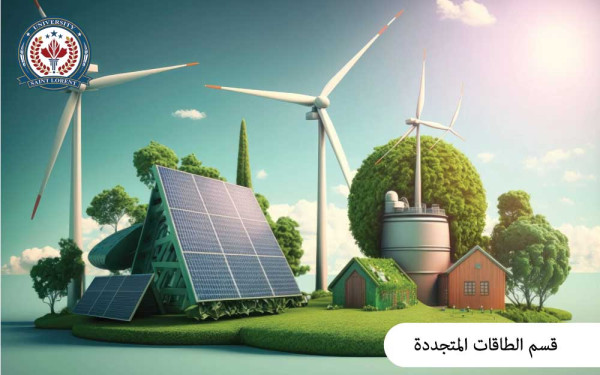Renewable energy Renewable energy / Renewable energy

Engineers and Technologists: Individuals who work in the fields of engineering and technology
Students and researchers: engineering, physics, environmental science students
Entrepreneurs: Individuals who want to explore business opportunities in the field of renewable energies
Some forms of renewable energy:
Sun energy (solar energy):
Solar panels are used to convert sunlight into electricity.
They can be used to generate electricity or direct heating.
Wind energy (wind energy):
Wind energy devices (turbines) are used to convert wind energy into electricity.
It relies on air movement to generate electrical power.
Hydroelectric power:
It is used to convert the energy of flowing water (either from rivers or dams) into electricity.
Dam basins and turbines are used to achieve this.
Biomass energy:
It relies on burning organic materials such as firewood and agricultural waste to generate energy.
They can be used to generate electricity or heating.
Geothermal energy:
Heat stored underground is used to generate electricity.
It can be accessed through geothermal wells.
Marine energy:
Includes technologies such as tidal energy and ocean current energy.
The natural movement of water is used to generate electricity.
Nuclear Energy:
Although it is not directly renewable, it is considered an alternative energy source.
Electricity is generated through nuclear activities.
Renewable energy takes advantage of nature's renewable properties and reduces harmful emissions to the environment, contributing to addressing challenges related to climate change and providing energy supplies in the long term.
Solar energy
Wind energy
Hydraulic power
Bioenergy
Thermal storage
Smart energy technology
